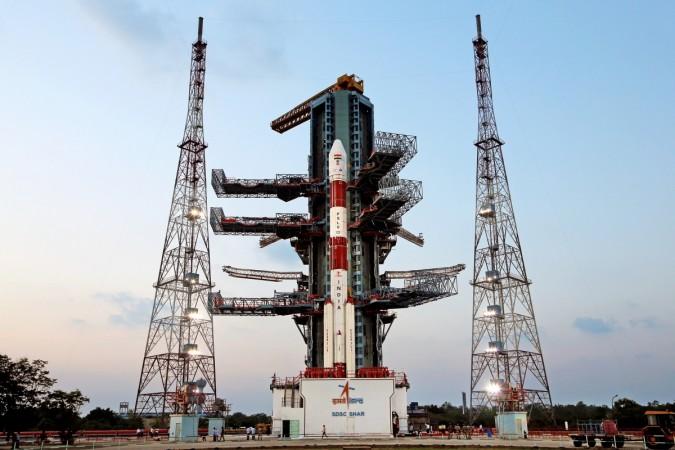
The Indian Space Research Organisation (ISRO) looks like it is on a roll. The space agency has bagged new orders that will see it launch 68 foreign satellites, including 12 of them from the United States over the next few months.
"We have received fresh orders to launch 68 satellites from various countries, including 12 from PlanetiQ, a US-based weather forecasting satellite firm," Rakesh Sasibhushan, Chairman and managing director of Antrix Corporation, the commercial arm of the Indian space agency told IANS at the fifth Bengaluru Space Expo 2016 that started on Sept. 1.
Antrix is a commercial arm of ISRO and is a wholly owned company belonging to Government of India. Previously, ISRO has (via Antrix) launched as many as 74 foreign satellites. Many of the satellites have been from advanced countries like Britain, Germany, France, Canada, Israel and the U.S.
This goes to show that ISRO has a reliable workhorse in the Polar Satellite Launch Vehicle (PSLV), which has been sending satellites into intended orbits over the last 15 years.
Recently, ISRO created history by launching 20 satellites in 26 minutes on its PSLV rocket.
Apart from the reliable rockets, ISRO offers a cheaper service for satellite launch. It is 60 percent cheaper than its counterparts in other countries, like Arianespace, BlueOrigin, Firefly Systems, Rocket Lab and SpaceX.
"We plan to carry more satellites in a single launch for optimal utilisation of the rocket space and other resources to achieve economies of scale," Sasibhushan revealed.
Further, Antrix revealed that around 2,500 satellites would be built in the next decade to meet the needs of countries and private customers. India is vying for the multi-billion dollar launch market.
ISRO is expected to face competition from private space companies like BlueOrigin, Firefly Systems, Rocket Lab and SpaceX. Starting 2017, these space companies too are offering their services to launch satellites.
ISRO is gearing up to launch heavy satellites that are two-tonne and above, using the Geosynchronous Satellite Launch Vehicle (GSLV). It has a GSLV Mk-II rocket launch lined up in September, which features the indigenous cryogenic upper stage. The rocket will be carrying a weather satellite to be placed in geo-stationary orbit.









